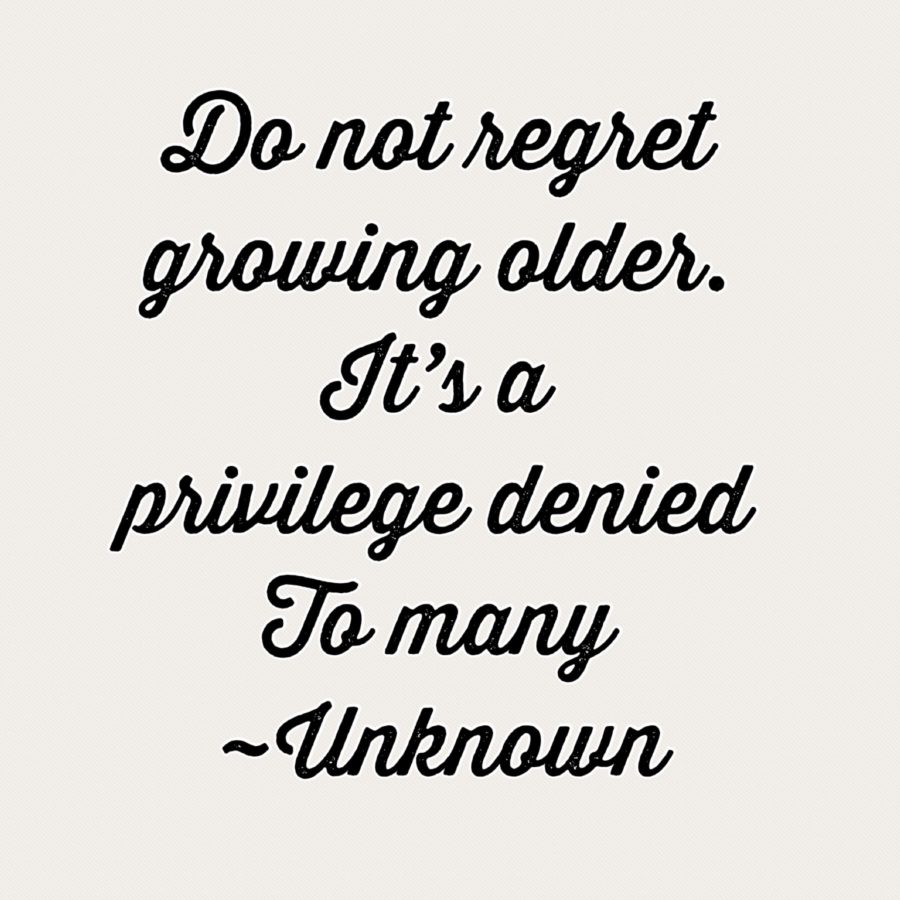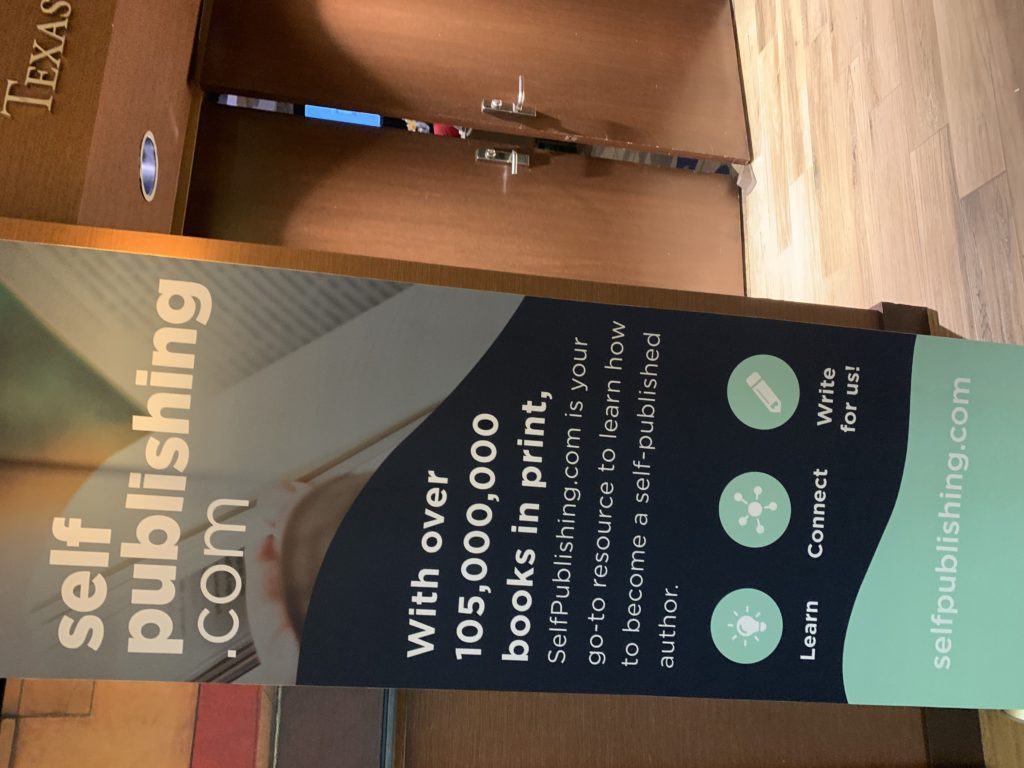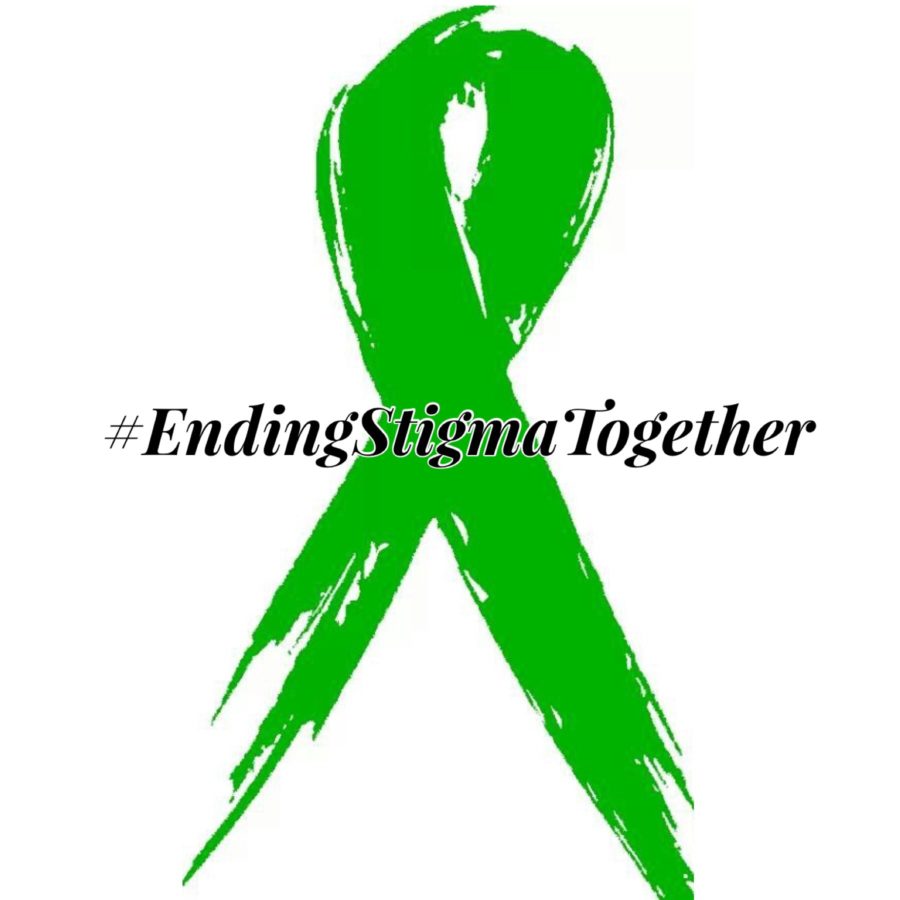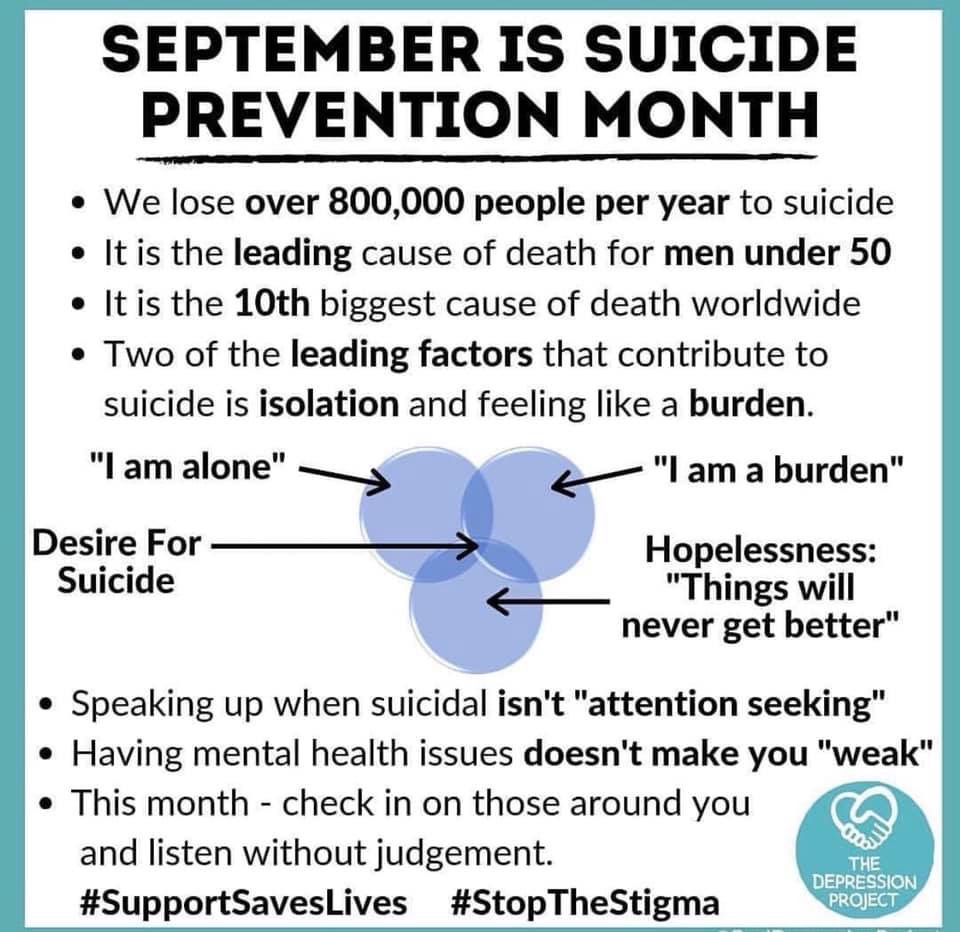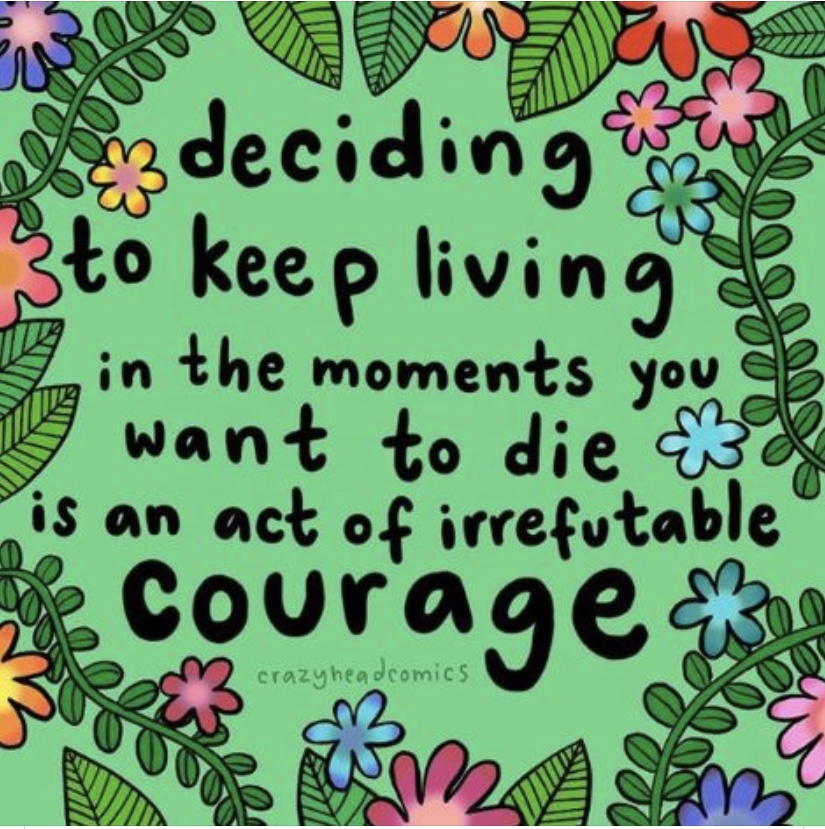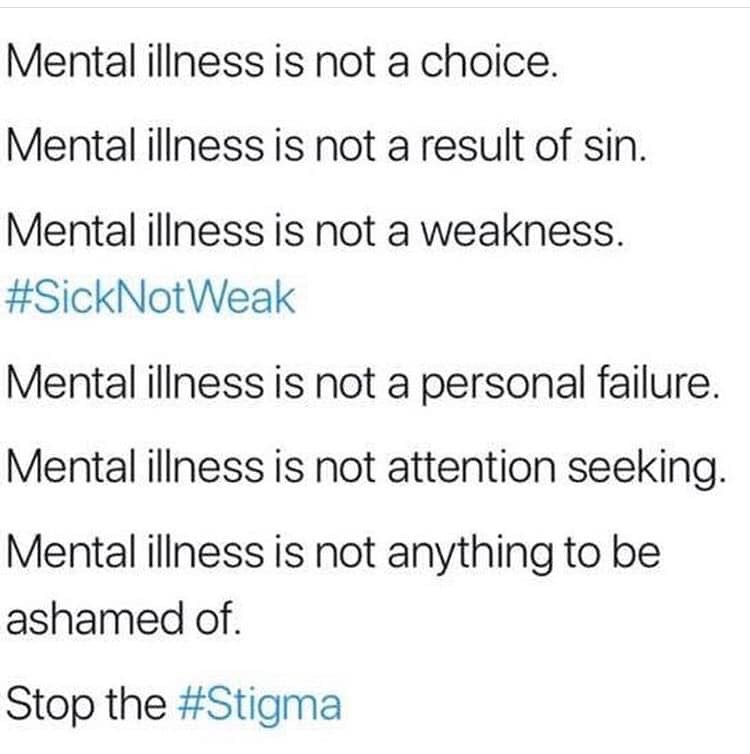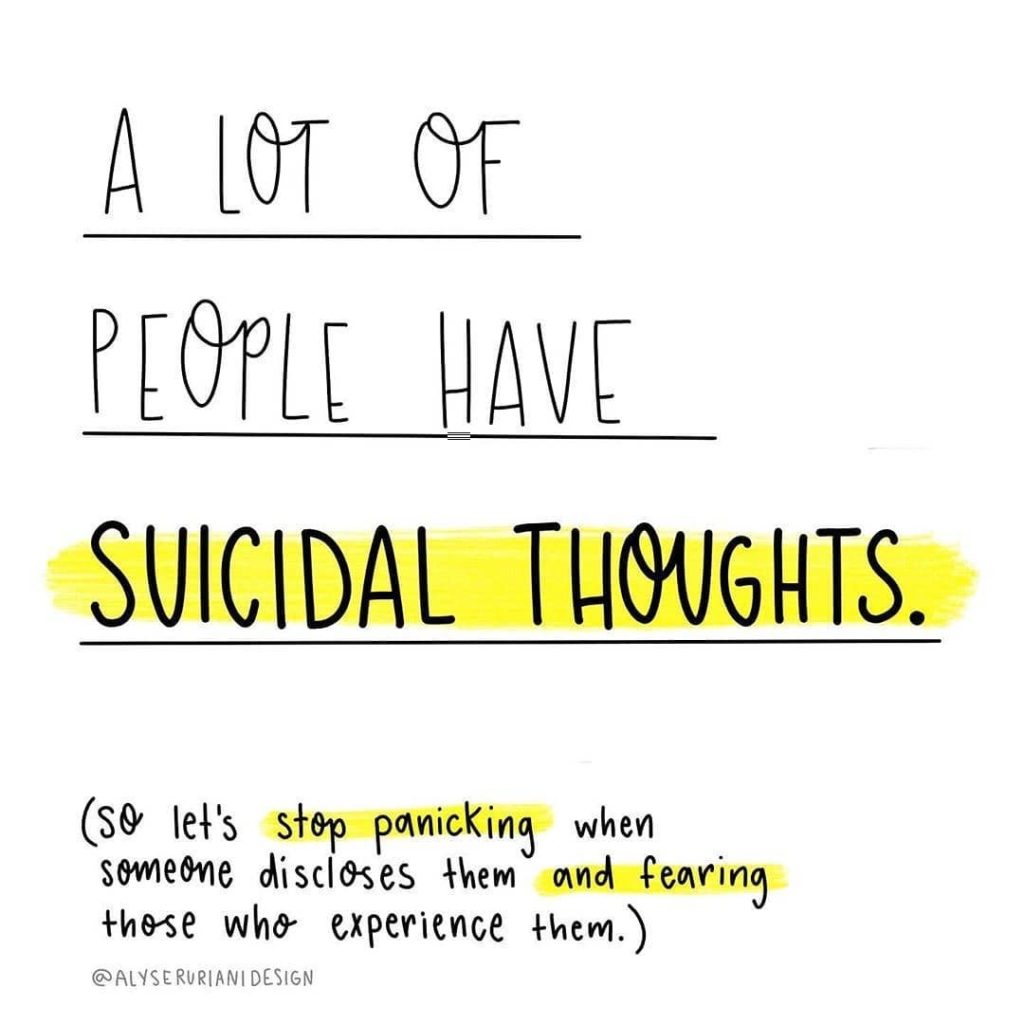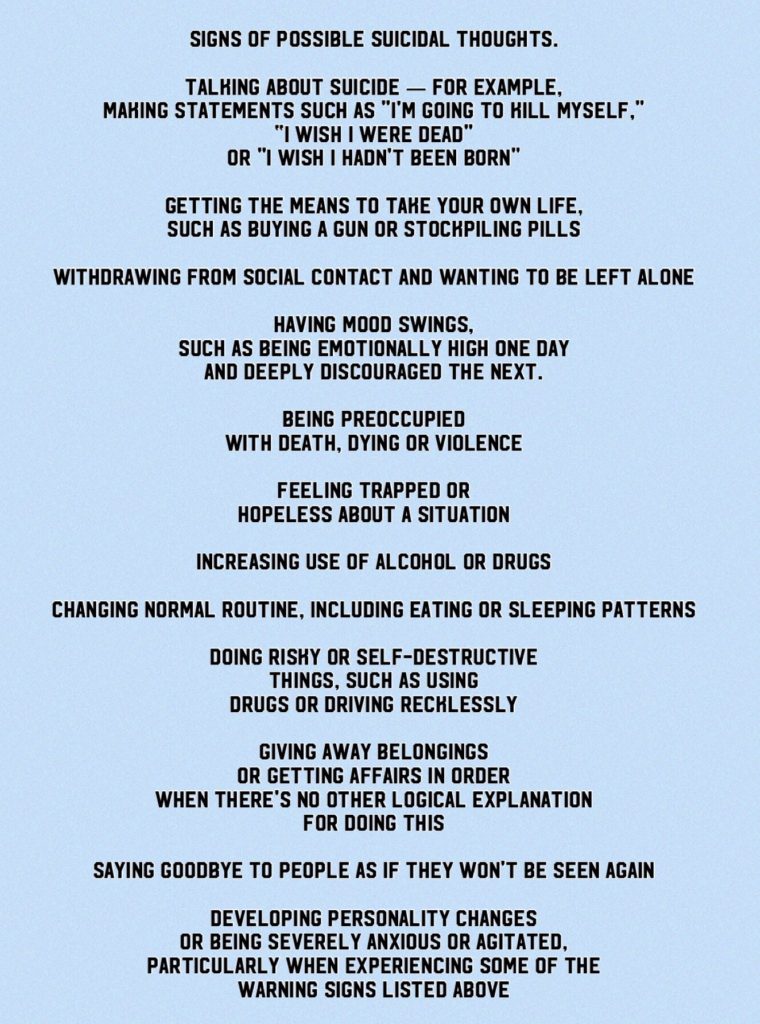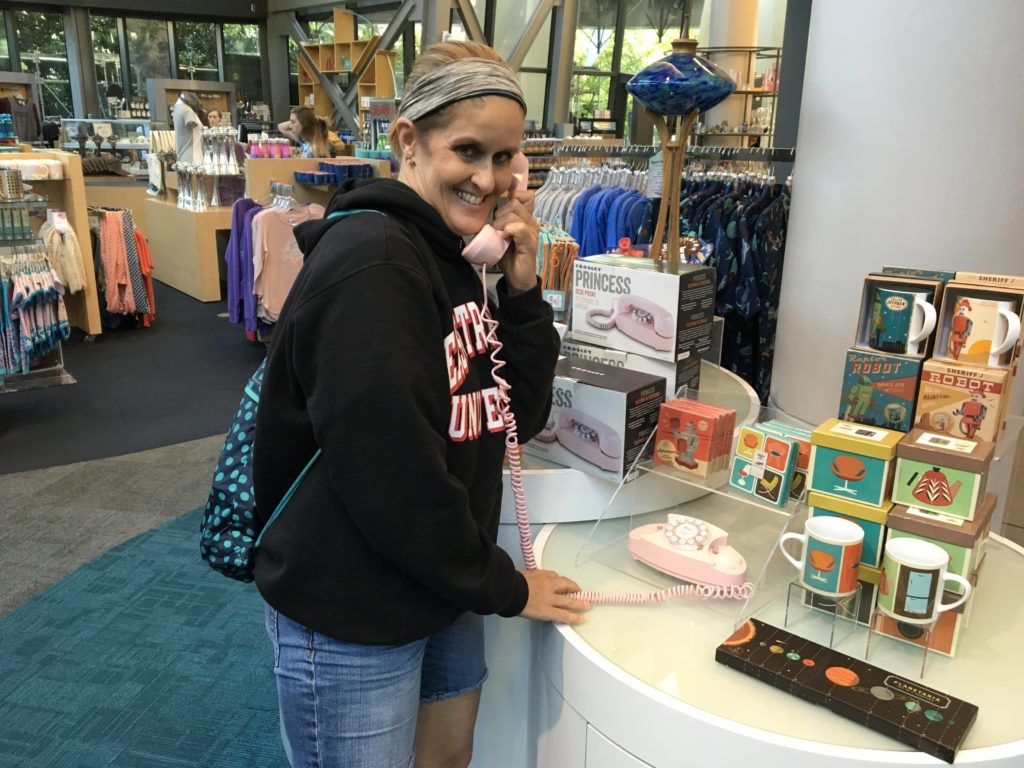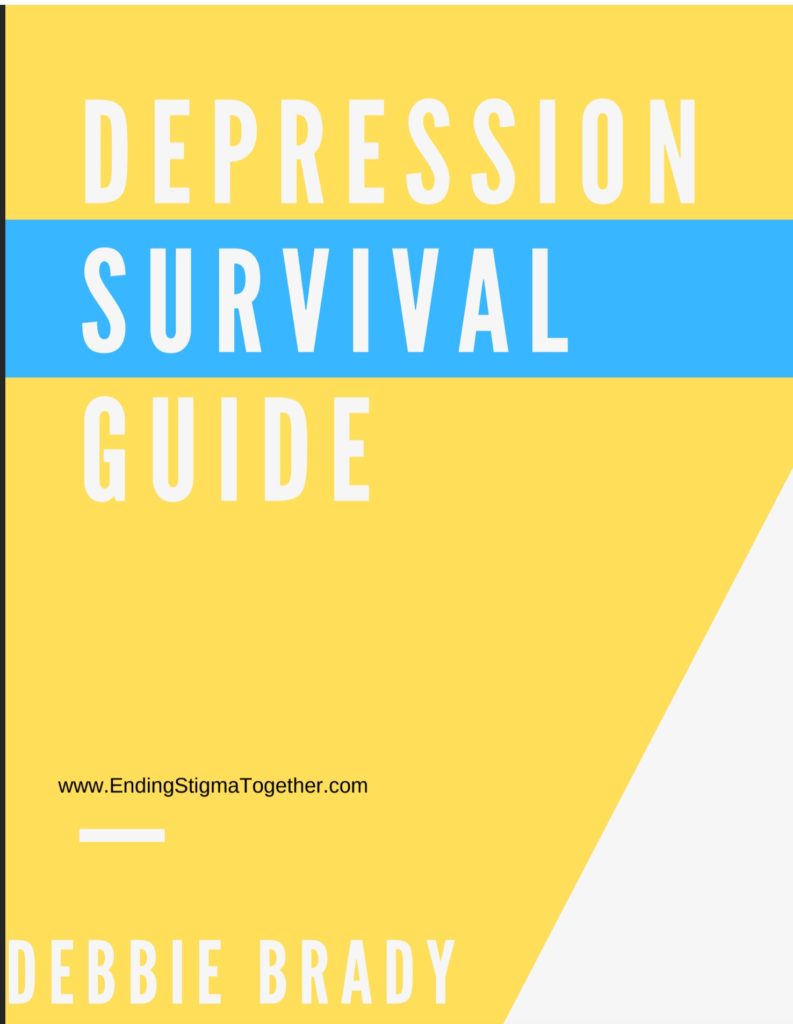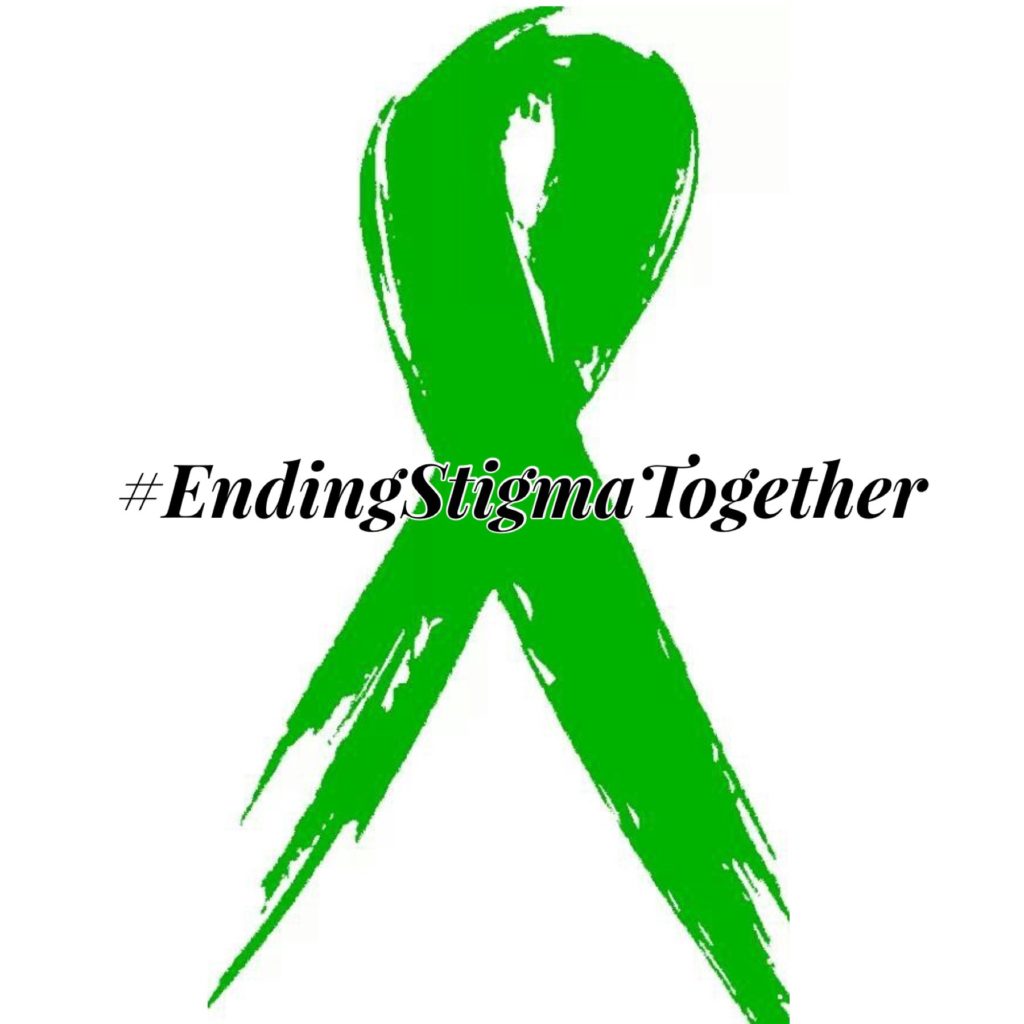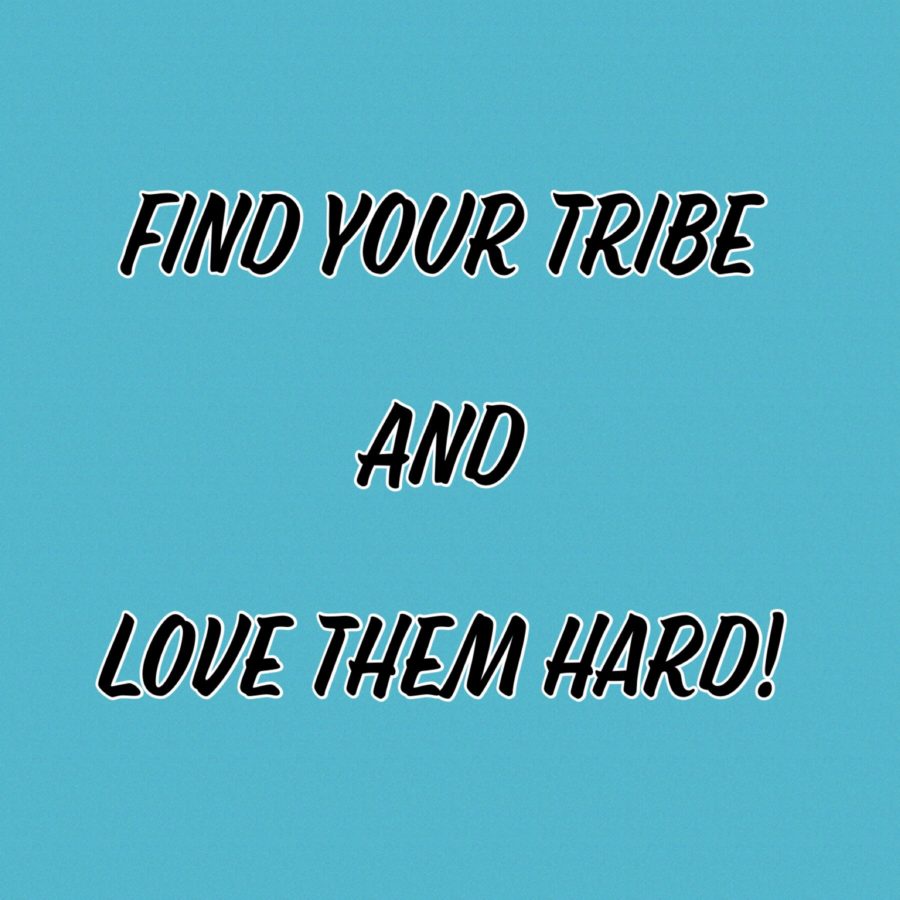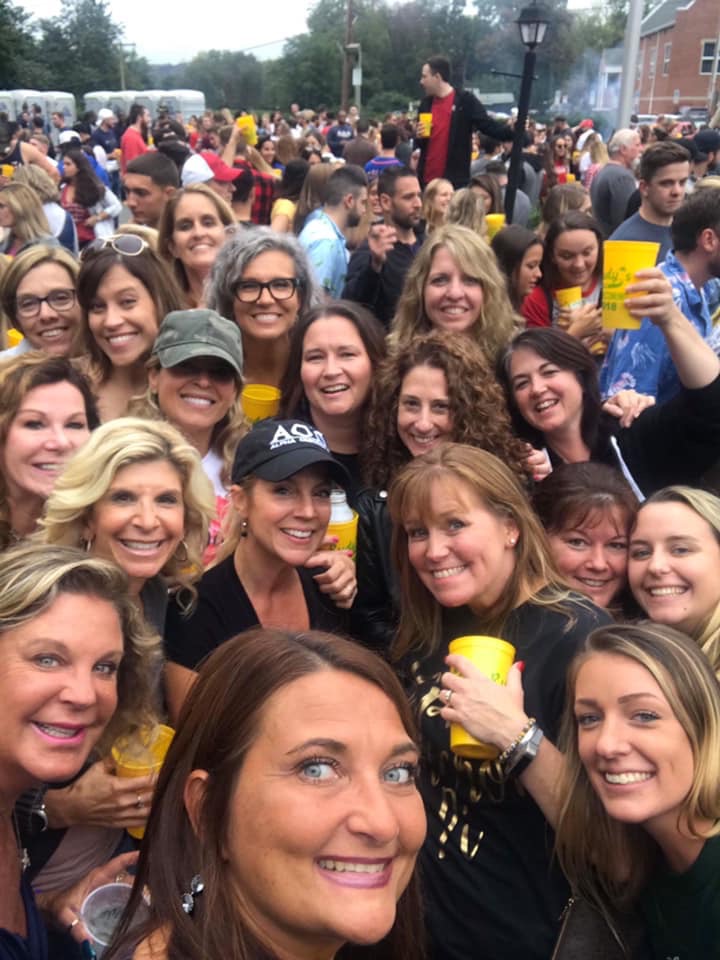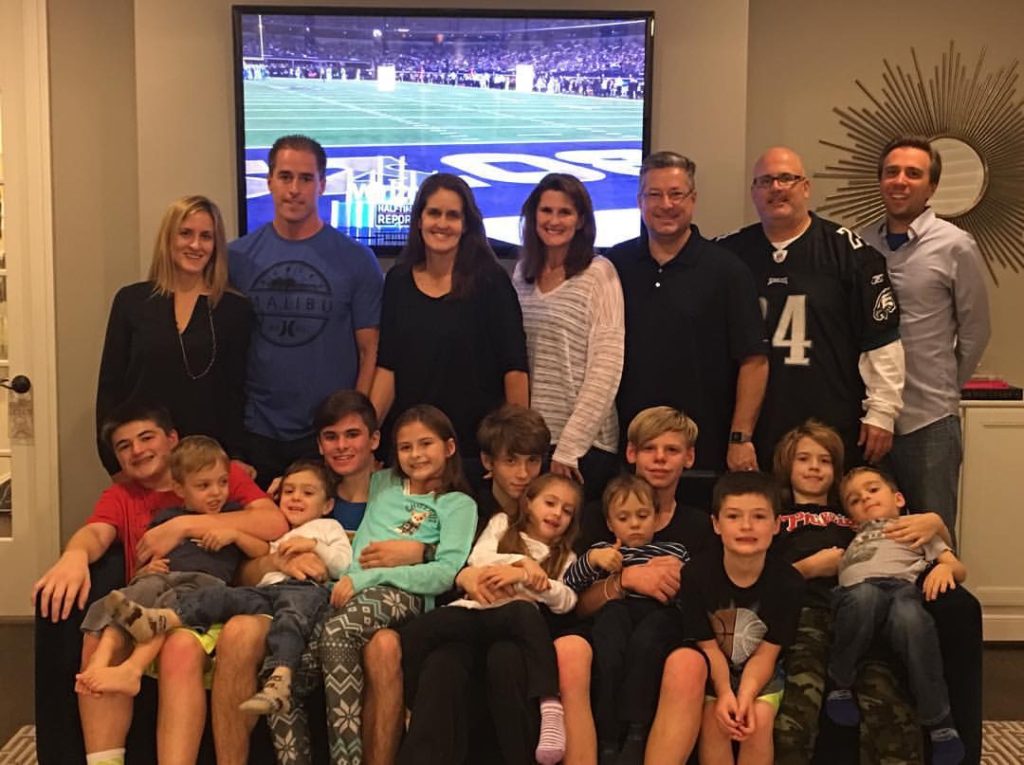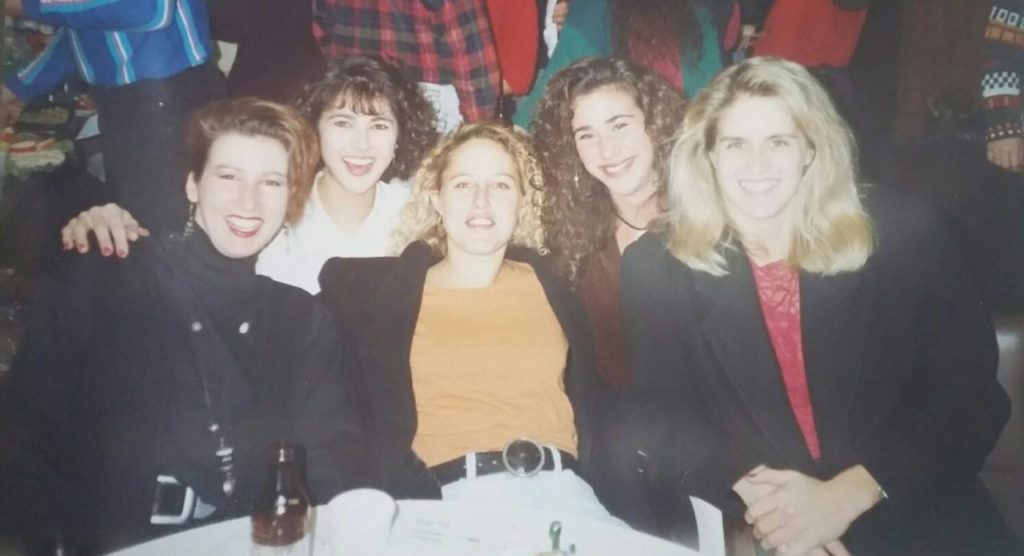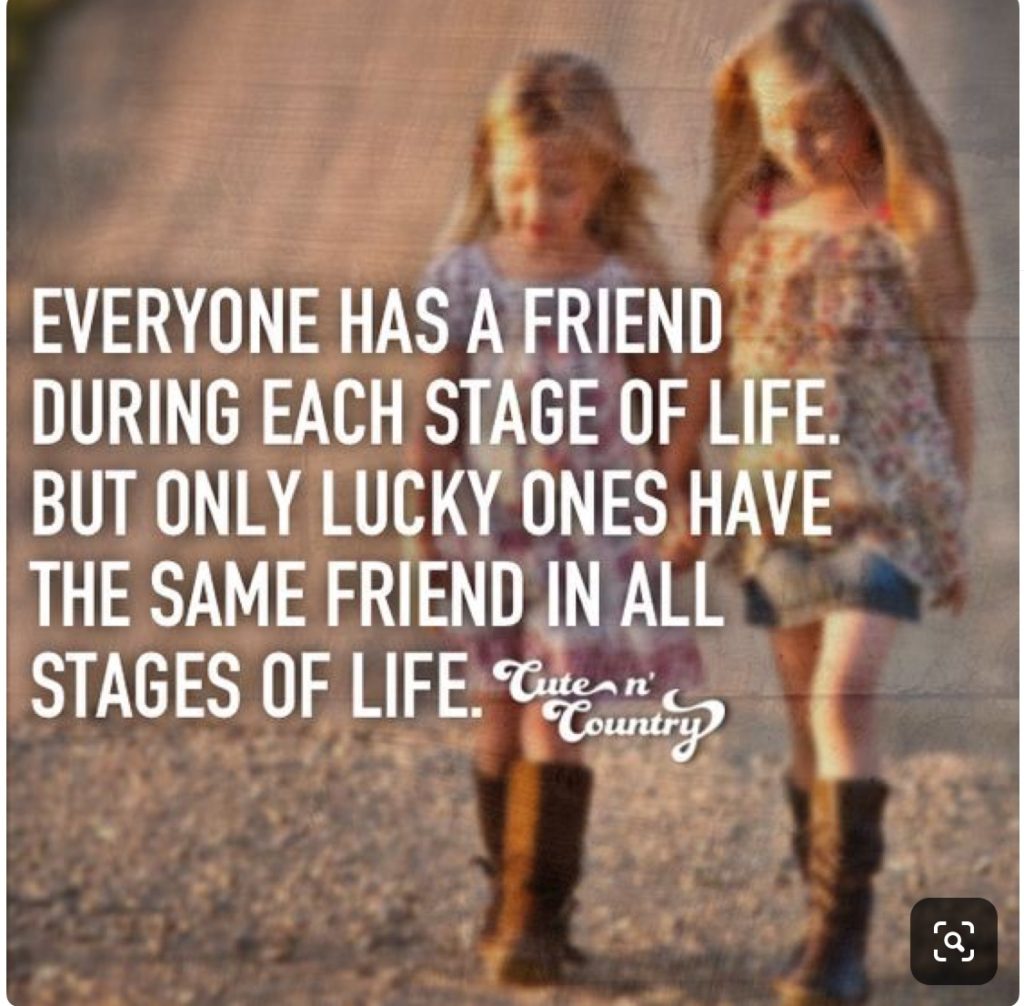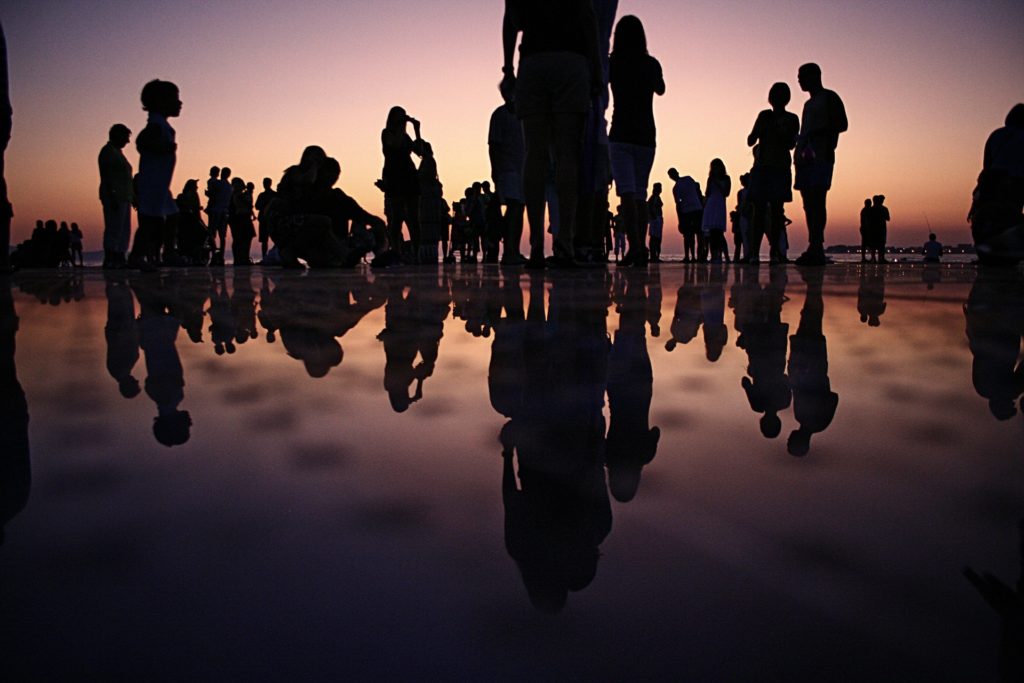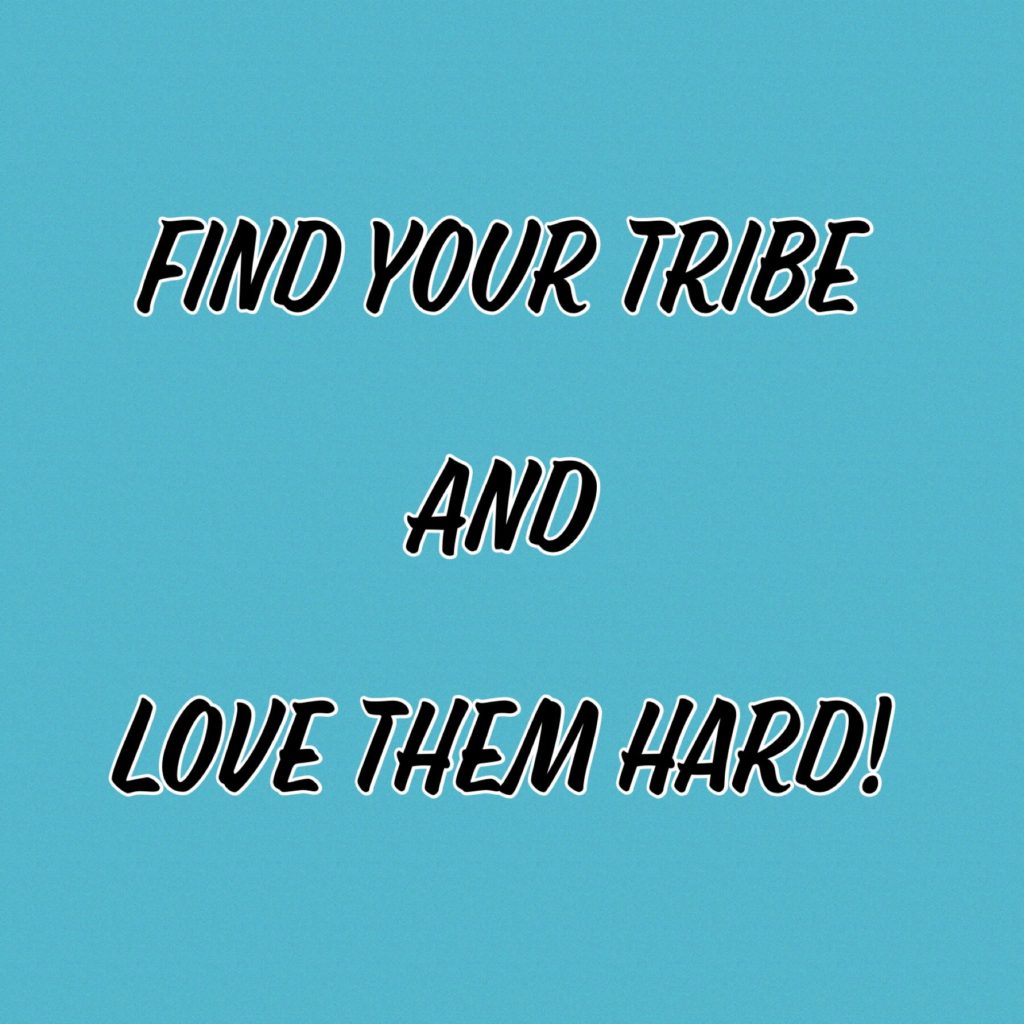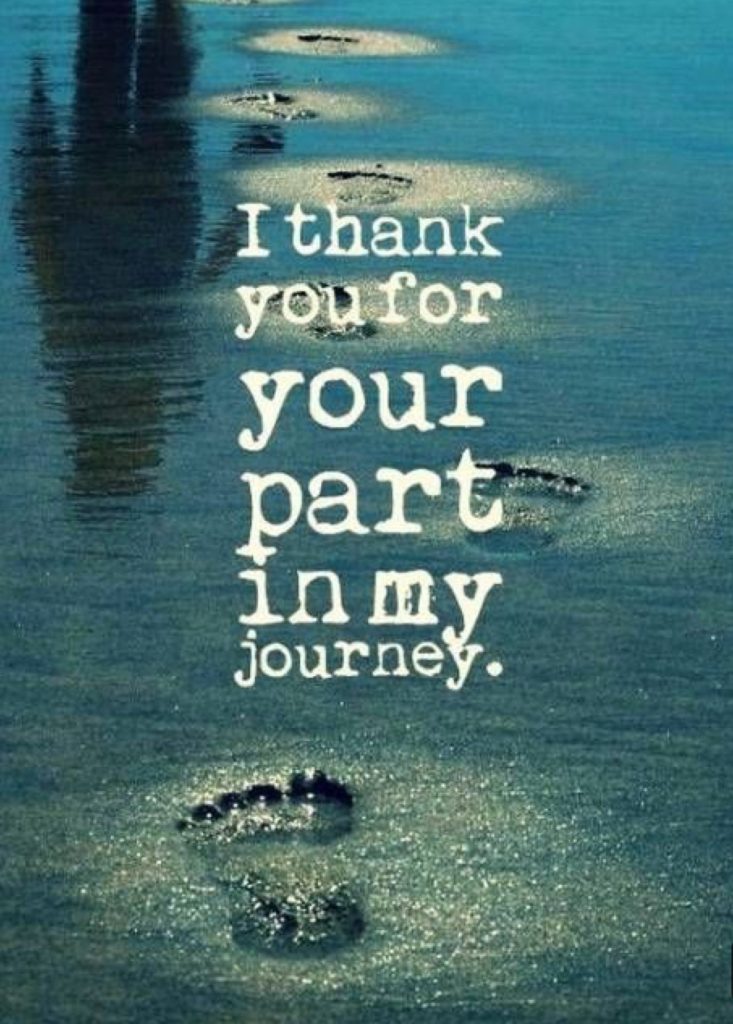
January 2, 2017 will forever be one of those days that forever changed me. I remember exactly where I was when I found out my dear friend of almost 25 years had died. After a night long search, her body was found. I had just woken up and was in the bathroom when a mutual friend sent me a copy of the message that the school where she worked had sent out. She also informed me that the word around town was that she had died from suicide. To say I was shocked would be an understatement. As I relayed this tragic news to our mutual former co-workers, we all were equally as stunned. I remember shaking and feeling as though I would vomit any minute. We all had so many questions. Questions to which we would never get answers. At first, we thought there had to be some mistake. Our friend couldn’t have died by suicide. There must be some other explanation. Even murder seemed more likely an explanation than suicide. You see, our friend was the one who always made a joke or did something outrageous like photocopying her face(or other body parts) at work. She exercised, taught health and fitness to teenagers, ate healthy and was always up to speed with all the latest health and fitness information. She also loved her husband, children, family and friends fiercely and fully. Out of all of my friends, she was the last friend I ever would have expected to die by suicide.
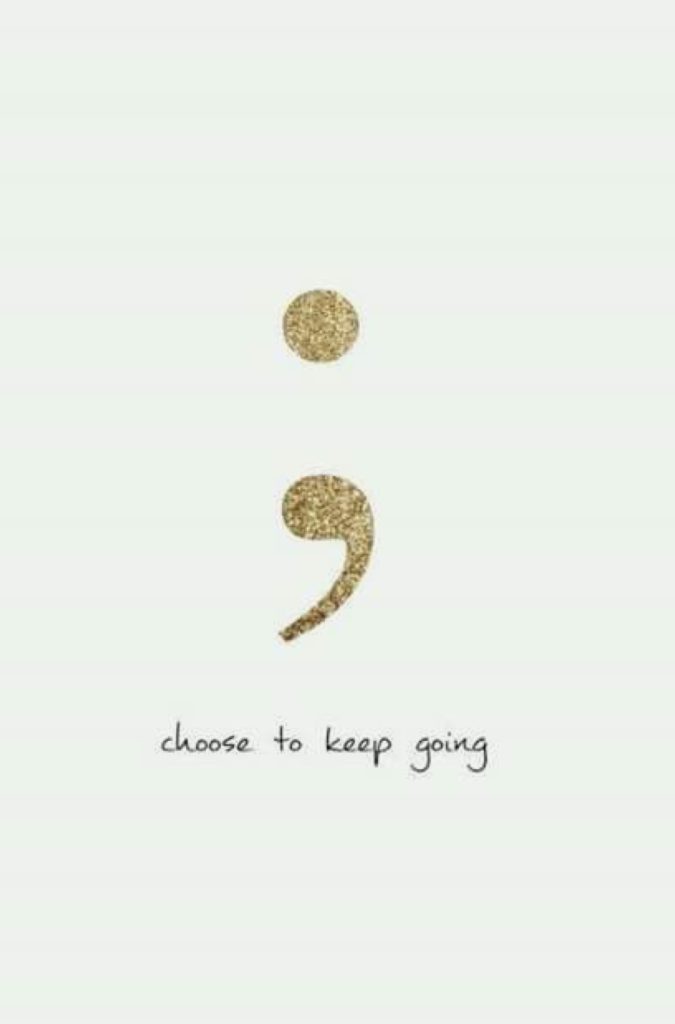
This tragedy showed me that no one is immune to mental illness. Not even those of us who work in the field or mental health and know how to go about getting resources. Not even those of us who have a supportive community. Not even those of us who are loved deeply by so many. The mind is a complex organ and one we still don’t know everything about. What makes an individual who has so much decide that living is just too hard? What makes others who have nothing manage to choose to keep living? I wish I knew these answers, but I don’t. For some reason, the depression seems to block, or alter, the brain’s natural instinct to survive. Those dark feelings somehow gain control over one of our most basic instincts: survival. We still have so much to learn about it. What I do know is that there is a hole in my life where my sweet friend once was. There are only memories there now. Those memories will keep her close to those of us who love her and miss her. Whatever darkness came over her 3 years ago, is now gone as she flies with the angels.
In the days, months and years since her passing, I have learned a few things about life, depression and suicide.
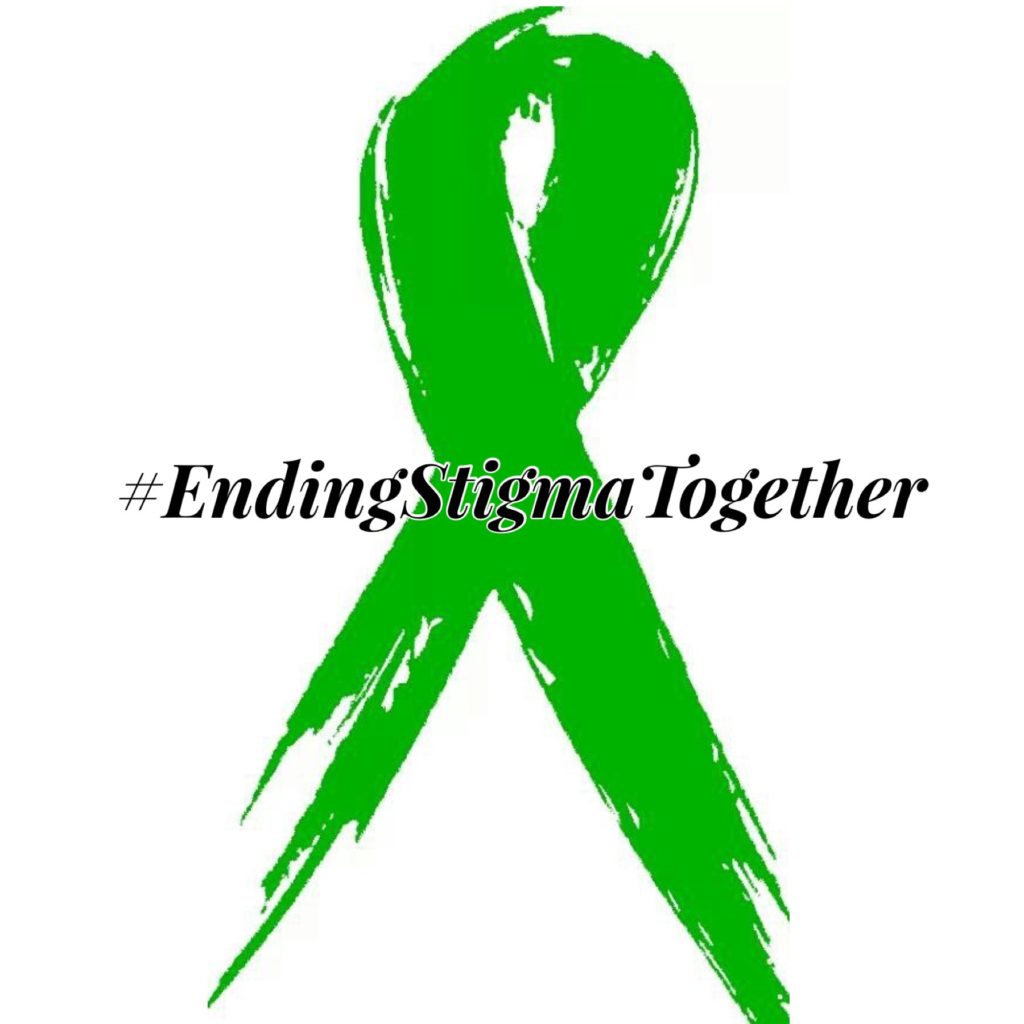
First, we absolutely need to keep talking, sharing and bringing awareness to mental illness and the signs and symptoms to watch for in someone you love who may be struggling. The more knowledgeable we all are, the more we will be able to reach out and help those in need in our lives. Discuss these big feelings with your family and make sure everyone need to watch for if someone you care about is struggling with depression or thoughts of suicide. So often people don’t even bring up the subject of suicide. In my family, I have always looked for ways to weave in these topics to regular conversation with my sons. One thing I do is open up conversation when a high profile figure dies from suicide. It opens the door and allows me to share with them the signs, the types of feelings individuals experience and most of all, it makes the topic of suicide less taboo. The older I get, the more I want to discuss topics that are seen as taboo in society. The only way we can stop topics from being taboo is to openly discuss them.

Second, cherish every moment you have with those you care deeply about and who have made an impact in your life. What I have learned over these past few years, it’s that we truly never know when it could be the last time we see someone. Always leave on good terms. Hug them. Tell them how thankful you are to have them in your life and how blessed you are to be in theirs. The past few years, I’ve lost quite a few friends to one thing or another. All were too young to die. Nonetheless, their lives were cut short. We aren’t promised tomorrow. We all know this on some level, yet we don’t always live life this way. Be intentional with those you love.
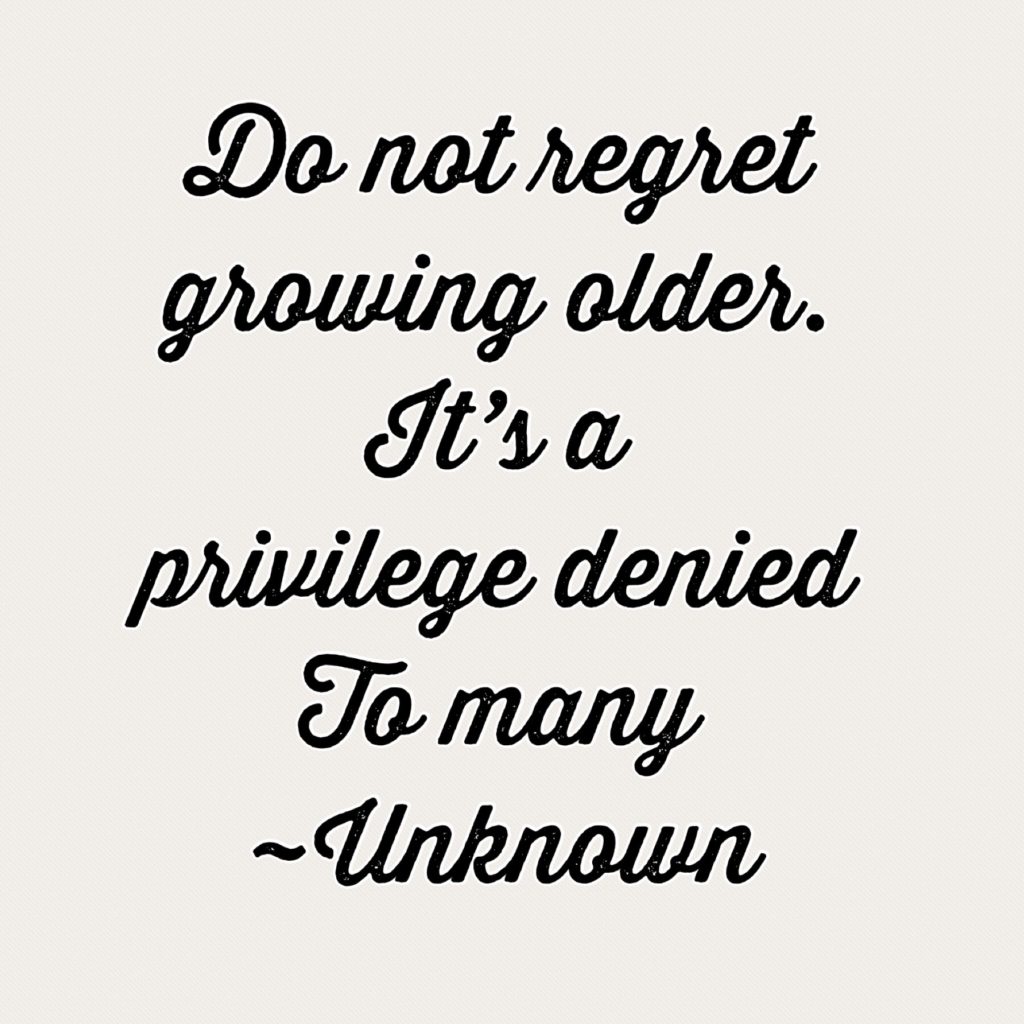
Third, growing old is a privilege. There is a quote that I stumbled upon shortly after she passed away: “Do not regret growing older. It’s a privilege denied to many.” ~Unknown. It really spoke to me. You see, my friend passed away shortly before her 50th birthday. We aren’t promised tomorrow. Each day is a blessing and each birthday is to be celebrated. Each day is to be embraced. Each moment appreciated. It isn’t always easy and I often fail at it, but I try a little harder because I appreciate life a little more now and I am living to honor my friend.
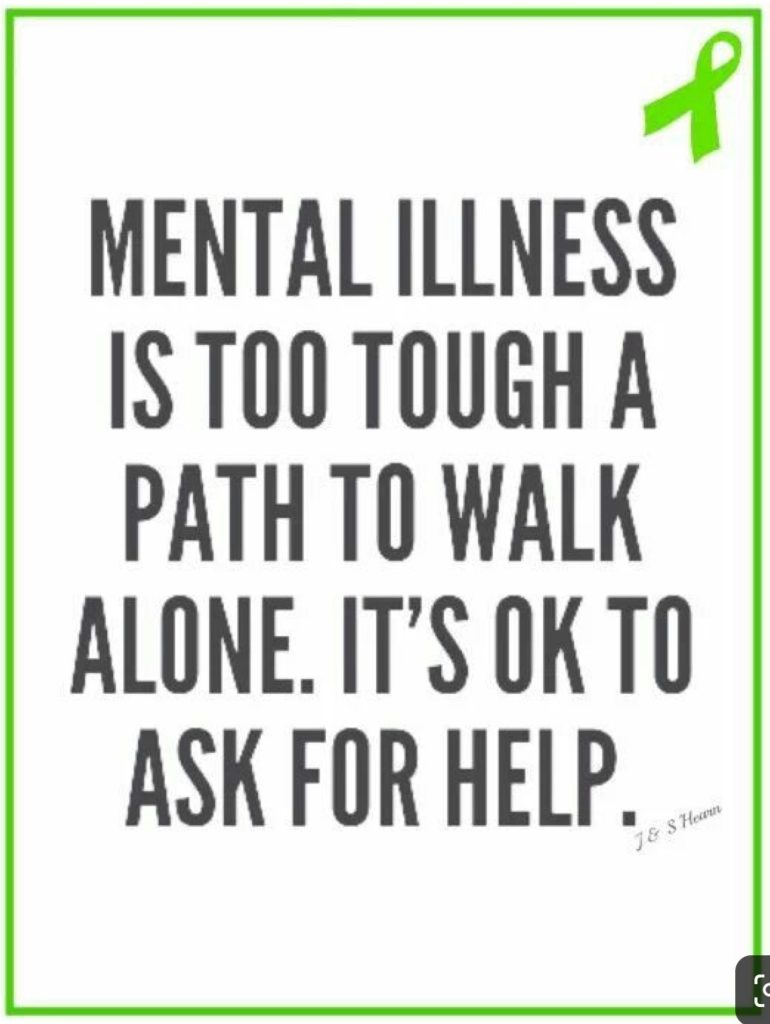
Last, we need to be the ones to reach out to those we know are struggling or have a history of struggling. We always here, “why didn’t they reach out?” Or, “They could have gotten help if they had just asked.” Sadly, when we are depressed, we aren’t thinking straight and the deeper that depression becomes, the harder it is for someone to even do what could help them. In a clear mind, we all know we have people we can reach out to for support or how to call 911 to get help. However, when our minds become clouded with depression, all that we know and understand can get really messy. This is why we can’t rest on the idea that others will reach out to us if they need help. What we can do, is regularly keep in touch with those
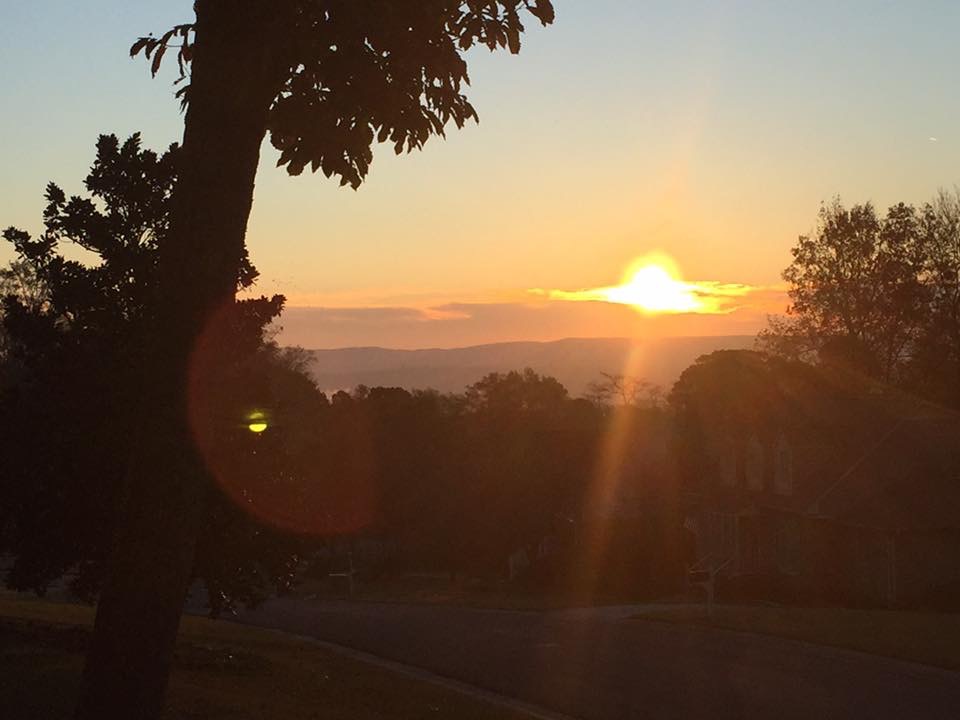
My wish for each of you is that you never have someone close to you die by suicide and that all of your loved ones live long, happy lives. For those of you who have, keep honoring their memory by embracing every day and every moment the best that you can. Do something to remember them on special days like their birthday or the anniversary of their passing. Their memory will live on. I just pray everyday that we are able to reach more people before they feel they have no other option. That by talking more and bringing awareness, we will start having more individuals who are struggling know that they can reach out, but we can’t put the full burden on the one who is struggling. We all have to continue to connect and keep in contact with our friends and family to make sure we are all doing ok. Embrace each moment. Live with intention. And let’s keep talking so one day soon, there will be no more Mental Health stigma.

